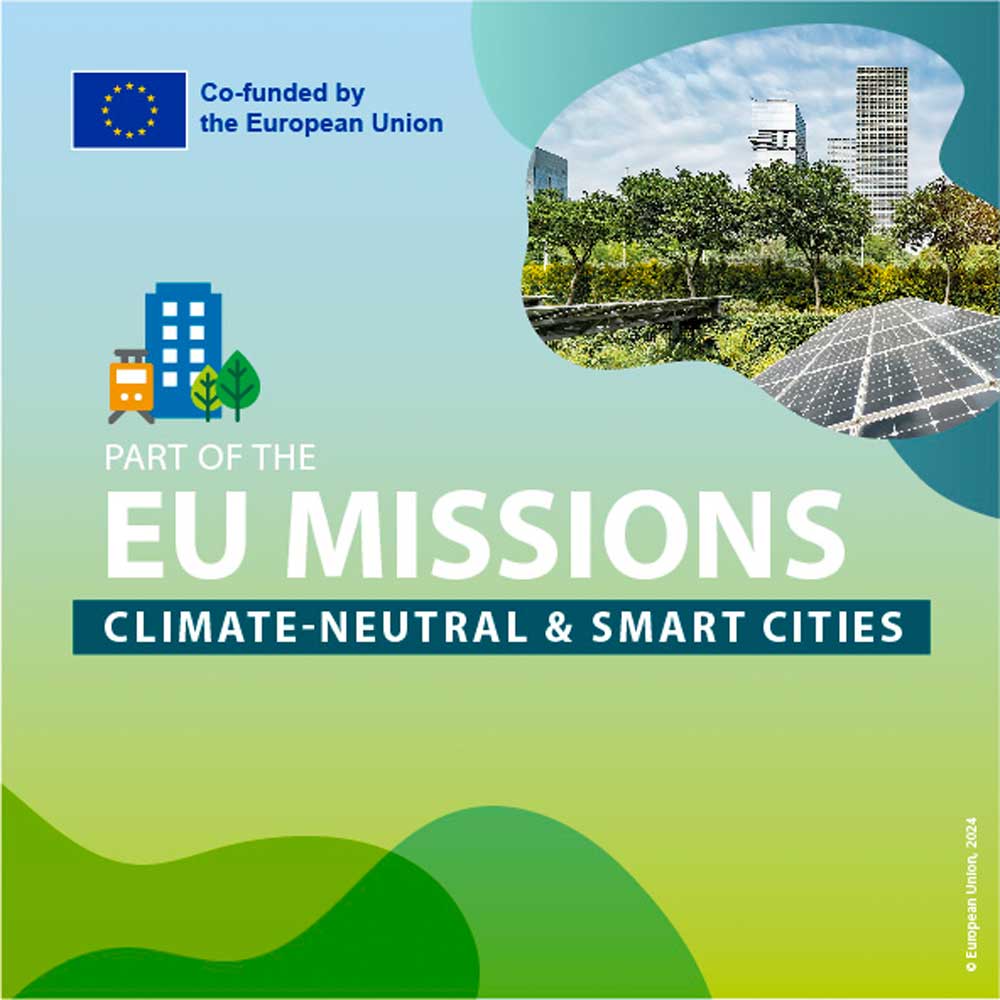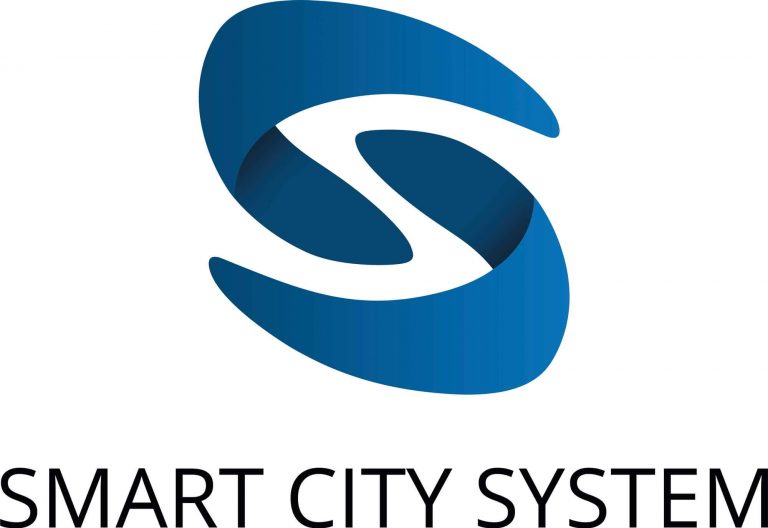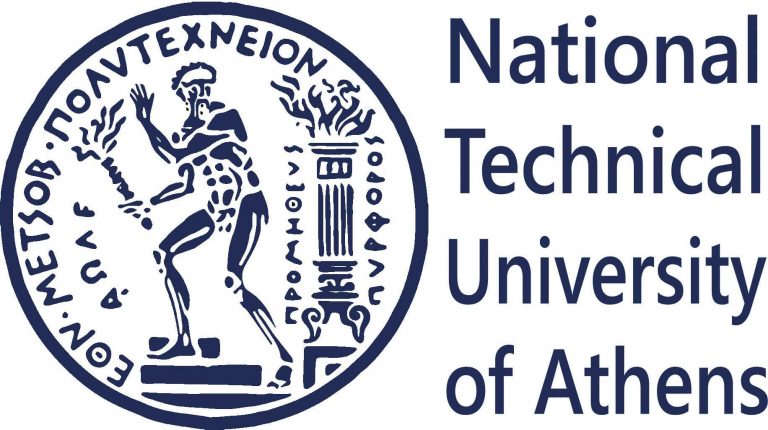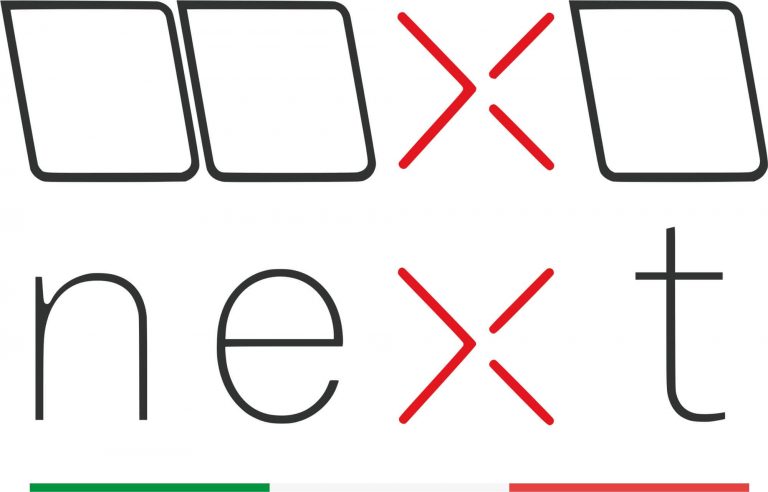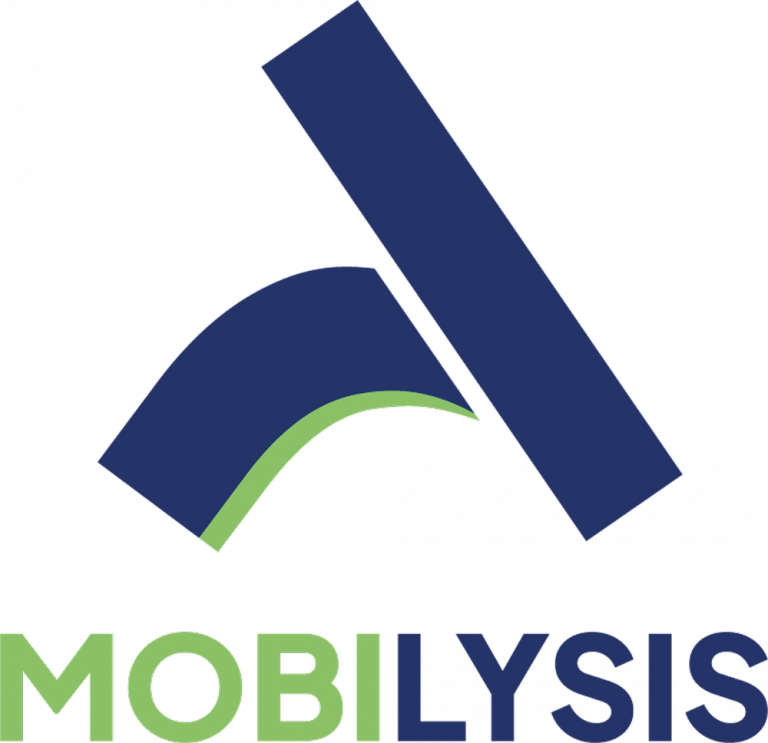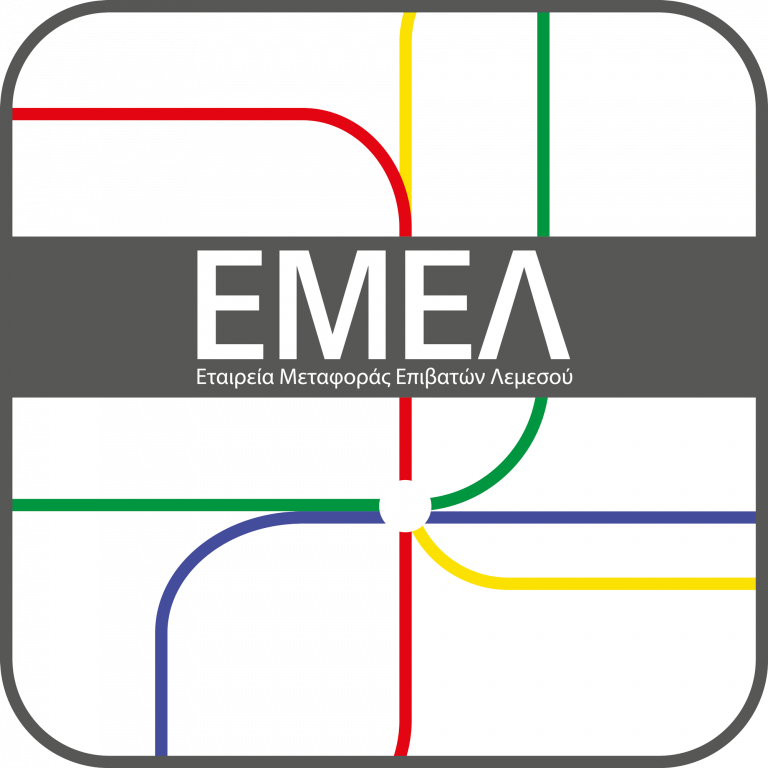The main objective of the metaCCAZE project is to accelerate the deployment of smart systems that combine electric, automated and connected technologies and infrastructure, enabling zero-emission shared mobility services for both passengers and goods in European cities.
Transport is the second largest source of greenhouse gas emissions (GHG) and accounts for more than 30% of the total energy consumption. A significant shift from conventional vehicles to well-integrated, energy efficient, connected, automated and user-centered passenger and freight services is required to reach climate neutrality and secure the transport and energy sectors.
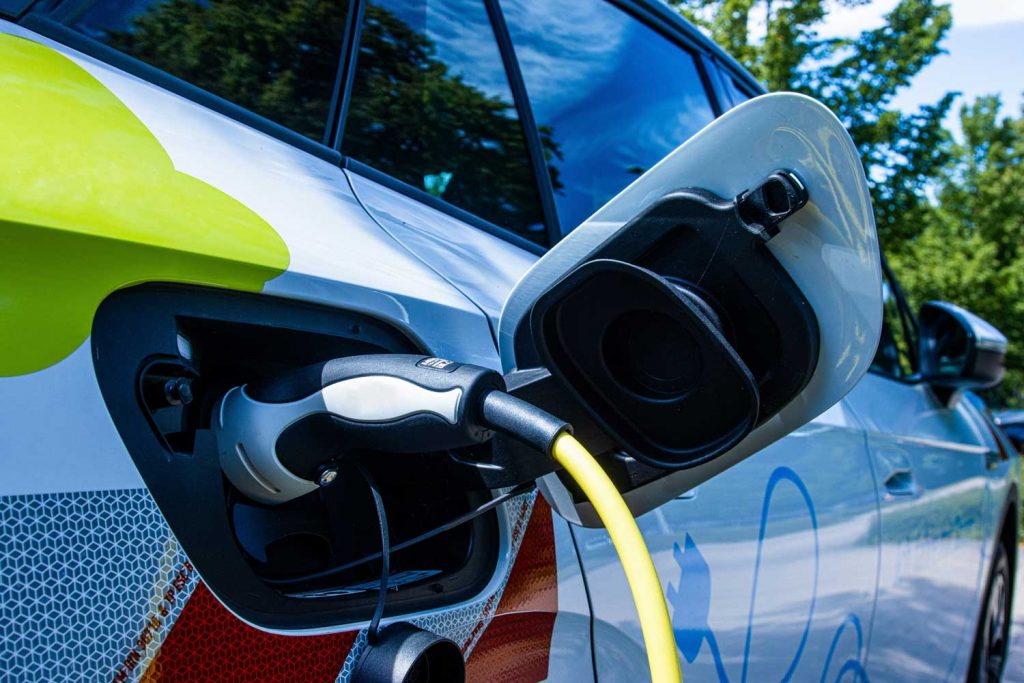
metaCCAZE aims to achieve the following objectives:
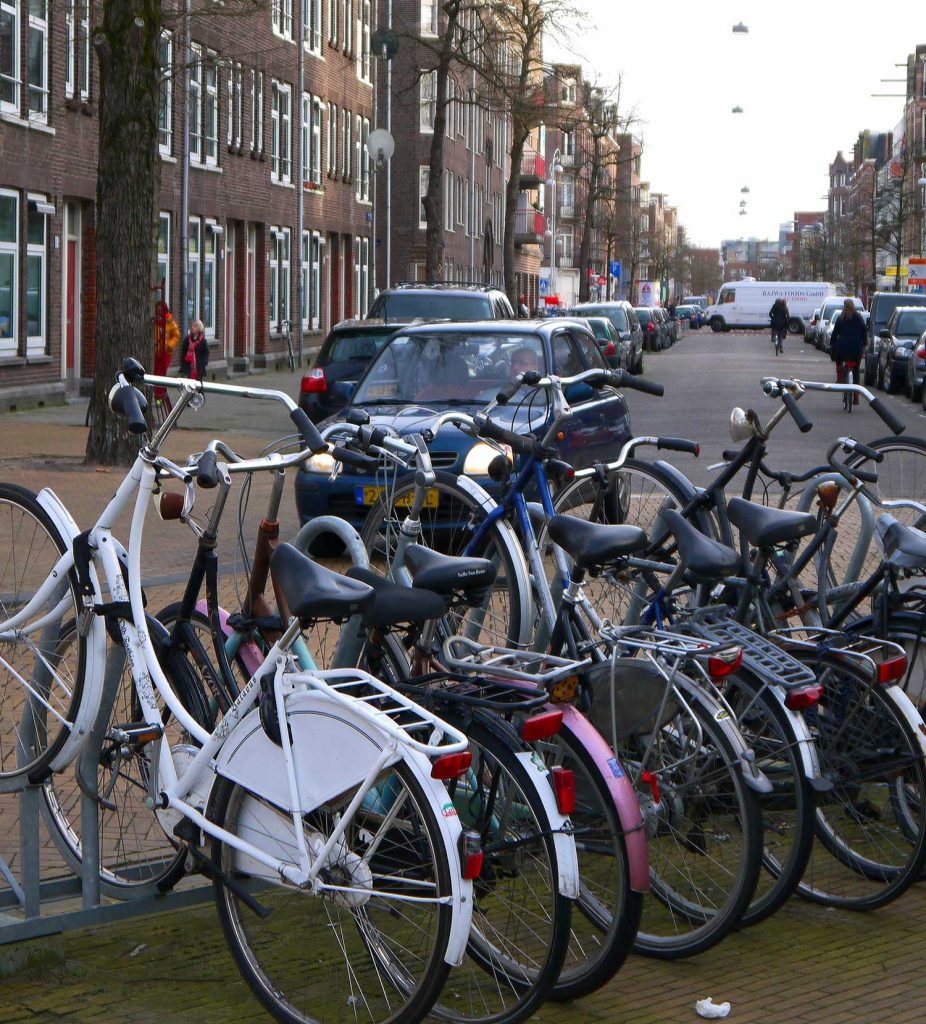
- Involve professionals from various sectors and citizens to design use cases, business innovation and governance models for zero-emission shared mobility, considering social acceptance.
- Develop scalable, open, resilient and replicable technological and infrastructural solutions combining electrification, automation and connectivity.
- Demonstrate solutions for zero-emission shared mobility for passengers and goods in four trailblazer cities for a year, allowing to check seasonality effects.
- Show effective transferability of solutions for zero-emission shared mobility for passengers and goods to the context of six follower cities, while setting up setting up a transferability and cross-fertilisation method that can benefit any city.
- Boost the market, cities and their stakeholders with the knowledge and skills to adopt and implement zero-emission shared mobility for passengers and goods.
- Engage and disseminate project results to accelerate the deployment of metaCCAZE solutions and and fertilise the ground for the green metamobility era, leveraging SRIA for the 2ZERO, CCAM, Mission partnerships and CIVITAS initiative.
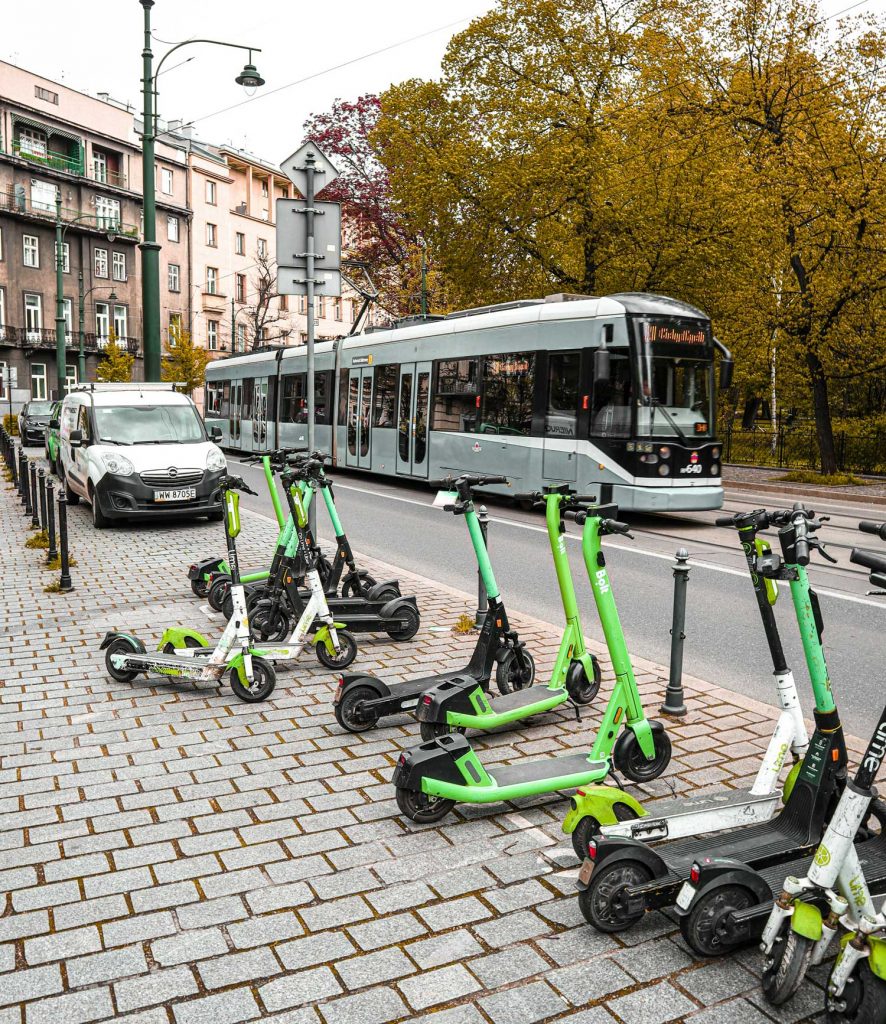
metaCCAZE contributes to the EU Mission “100 Climate-Neutral and Smart Cities by 2030” objectives. Learn more about the Mission.
